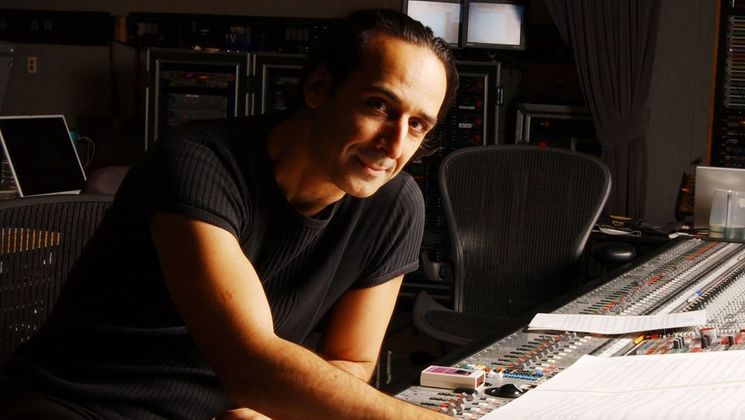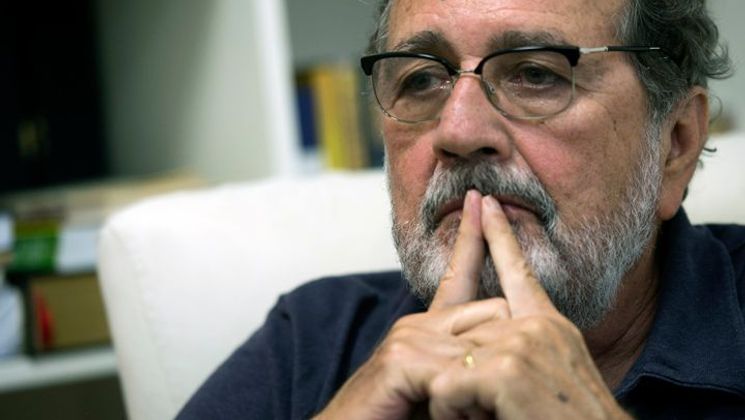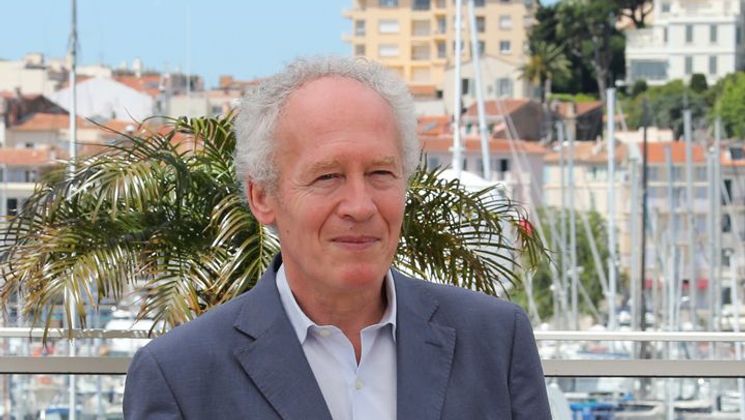
Alexander Payne: “The cinema is the most accurate mirror yet invented”

It has taken just five feature films for Alexander Payne to establish himself as a major director in contemporary American cinema. In 2002, Monsieur Schmidt confirmed the massive talent of this story teller, who is regularly acclaimed for the quality of his screenplays. Sideways (2006) then The Descendants (2011) each won an Oscar for the best adapted screenplay. Interview with an avid movie-maker.
What was it that pushed you into making movies?
I have always wanted to be make movies. But I come from a family of immigrants so for many years working in the cinema was only a dream. I got there step by step. After university, I went to the UCLA film school. That was when I realised that I wanted make my living behind the camera.
Is formal training essential for a film-maker?
Everybody has a different story, but in my case, attending courses in a film school was a defining element. I needed to assess my aptitude to make movies. I wanted to be sure that my talent for cinema was equal to my love for it. During my six years studying at UCLA, I realised that I had enough to reach out and touch my dream, and especially to make comedies, which is a genre that relatively few directors turn to instinctively.
Do you have a favourite movie?
There is Akira Kurosawa’s movie, Seven Samurai, which helped me make up my mind to go to film school. I discovered it when I was studying history and literature. When I came out of the theatre, I thought that I would never be able to reach such a level in the cinema.
What makes a good screenplay for you?
Among the most important things in the construction of a script are those flashes of inspiration that make you sure an idea will make a good movie. Those instants are worth gold for a director, but also for the public, who will be more inclined to forgive a tedious scene or flawed casting. It’s a kind of safety belt.
What do you see as the function of the cinema?
On the principle that human beings need art as a mirror, the cinema is the most accurate one that we have yet invented. That’s why the whole world loves movies. Francis Ford Coppola said one day that when humankind is in trouble, the cinema represents one of the keys to find a way out. It helps us understand what’s gone wrong.
Does a film-maker have to reveal a part of himself to give a sense to his work?
Yes, but not necessarily in an autobiographical way. It can sometimes be just an emotion in disguise. If there is a scene in which the director is implicated, that will necessarily have an impact on the public.
What are you working on at the moment?
I’m holding auditions for a movie that I start to shoot in October. It’s a little comedy in black and white about a road trip by a father and his son. I just auditioned Bruce Dern for the role of the father.
Interview by BP


